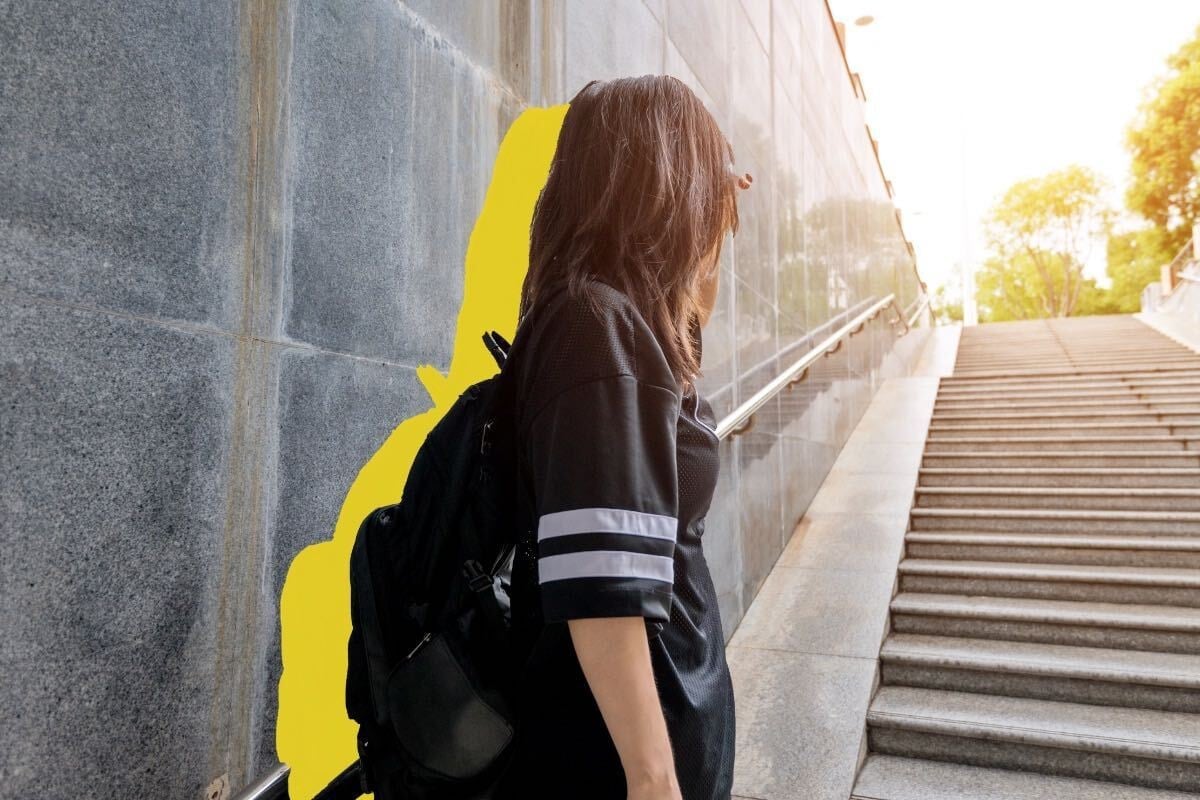

Mamamia has partnered with Commonwealth Bank on a new campaign - Lighting the Way to the Next Chapter - which aims to empower the community to listen and believe victims of domestic and family violence, and be a part of paving a hopeful future.
"I'm so afraid, and I'm not sure what to do."
It takes an average of seven attempts for people - and in most cases, women - to leave a domestic abuse situation for good.
The reasons are deeply complex. They often involve emotional abuse, coercive control and intimidation. In many cases, the practicalities of leaving with children, with little money, or without a home to go to, can further complicate the situation.
After leaving, these issues can have a ripple effect on a person's life for years to come. From the emotional recovery to rebuilding a safe home to becoming financially independent, none of it has to be done alone.
As a community, we can do better. We can listen. We can believe. We can educate ourselves better on how to help domestic violence victim-survivors leave, survive, thrive and live fulfilling lives.
There are many excellent Australian organisations that cover every step of the process, from counselling to finding emergency accommodation to achieving financial independence.

Top Comments